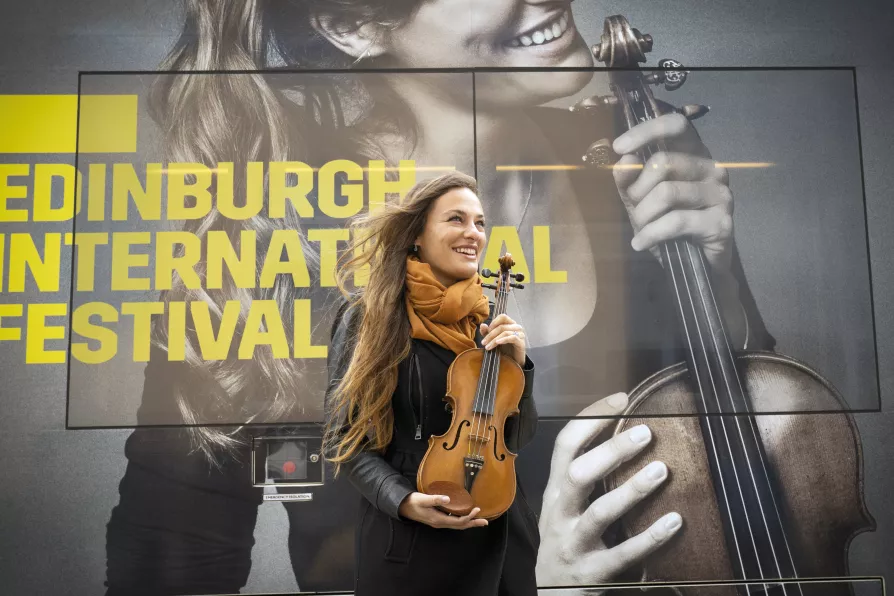Cuba, despite the privations, remains a beacon of sovereignty and resistance to imperialism, writes BERNARD REGAN

 Scottish violinist Nicola Benedetti during a photocall alongside a festival branded tram ahead of starting her residency at this year's Edinburgh International Festival
Scottish violinist Nicola Benedetti during a photocall alongside a festival branded tram ahead of starting her residency at this year's Edinburgh International Festival
AUGUST 2021 and the streets of Edinburgh are busier than they have been for a long time. Not crowded, but with residents, workers and visitors to the city moving around again. Cafes and venues that have survived the last 18 months are open again, often with tables outside and all the tighter hygiene regulations in place.
The Festivals are all underway, albeit in different formats to previous years. And the enthusiasm for live performance, both in the audiences and amongst those who are performing, is evident.
Since 2007, Festivals Edinburgh has sought to bring together representatives of all Edinburgh’s Festivals to improve co-ordination and the benefits that the Festivals bring to the city. During the earlier stages of the pandemic, this has been a voice for the industry, seeking clarification on social distancing measures across the sector, calling for sustainable funding programmes and sharing information and resources.

ANDREW FILMER welcomes the reopening of Glasgow’s landmark theatre after a seven-year transformation

ANN HENDERSON on the exciting programme planned for this summer’s festival in the Scottish capital

Research reveals stress kills three times the number of people than physical accidents at work











